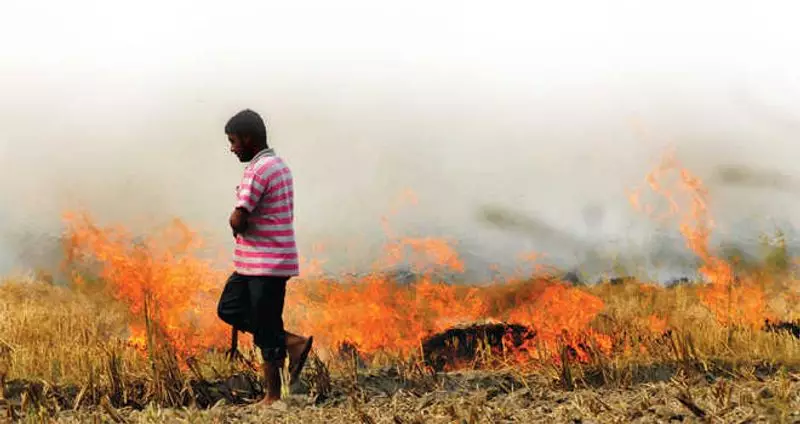
In a decisive move to combat deteriorating air quality, Rohtak District Magistrate Shyam Lal Poonia has implemented a comprehensive ban on stubble burning across the district. The enforcement comes as agricultural fires threaten to exacerbate North India's annual pollution crisis.
Zero-Tolerance Policy Against Farm Fires
The district administration has adopted a strict zero-tolerance approach toward crop residue burning. "Stubble burning is completely prohibited in Rohtak district," declared DM Poonia, emphasizing that violators will face immediate legal action under relevant environmental protection laws.
Multi-Pronged Strategy for Enforcement
Authorities have deployed a sophisticated monitoring system to ensure compliance:
- Satellite surveillance tracking farm fire incidents in real-time
- Ground inspection teams conducting regular field visits
- Revenue department officials empowered to take immediate action
- Community awareness programs promoting alternative solutions
Promoting Sustainable Alternatives
While enforcing the ban, the administration is actively promoting environmentally friendly alternatives to stubble burning:
- Subsidized machinery for in-situ crop residue management
- Promotion of paddy straw as animal fodder
- Encouraging decomposition techniques through microbial solutions
- Support for biomass energy projects utilizing agricultural waste
Broader Environmental Implications
This crackdown forms part of Haryana's larger strategy to address winter pollution. Stubble burning contributes significantly to the toxic smog that blankets Northern India each autumn, affecting millions of residents and posing serious health risks, particularly respiratory illnesses among children and elderly populations.
The Rohtak initiative sets a precedent for other agricultural districts grappling with the annual challenge of balancing farming practices with environmental responsibility.






